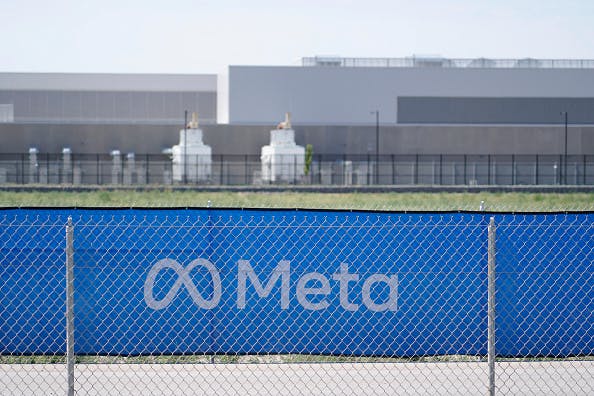Meta is spending more on additional AI infrastructure, and tariffs are pushing the costs even higher
The social media giant raised its 2025 capital expenditures range to $64 billion to $72 billion, from its prior outlook of $60 billion to $65 billion.
Meta needs more AI infrastructure, so its capital expenditures this year will be higher than it previously guessed. In the company’s latest earnings report, which beat analysts’ expectations, Meta said its 2025 capex bill will now be about $64 billion to $72 billion, a higher and wider range than the $60 billion to $65 billion it had previously forecast.
“We expect this significant infrastructure footprint we are building will not only help us meet the demands of our business in the near term, but also provide us an advantage in the quality and scale of AI services we can deliver,” CFO Susan Li said during the earnings call.
Investors loved Meta’s report, with the stock shooting up 6.8% premarket. Combined with a rosy earnings from hyperscaler Microsoft, the capex announcement also sent AI stocks higher.
The reason for the rising capex bill, though, is not just “additional data center investments to support our AI efforts,” but also “an increase in the expected cost of infrastructure hardware.”
Li wouldn’t break down what portion of the growth was coming from expansion versus higher costs, but did say:
“The higher costs we expect to incur for infrastructure hardware this year really comes from suppliers who source from countries around the world. And there’s just a lot of uncertainty around this, given the ongoing trade discussions. And so that is both reflected in the wider range that we are giving. And we’re also working on our end on mitigations by optimizing our supply chain. And our outlook is really trying to reflect our best understanding of the potential impact this year across all of that uncertainty.”
In other words, tariffs are going to make building AI infrastructure more expensive, since many of the parts and equipment are sourced from places like China. Meta seems game to pay for it anyway.
